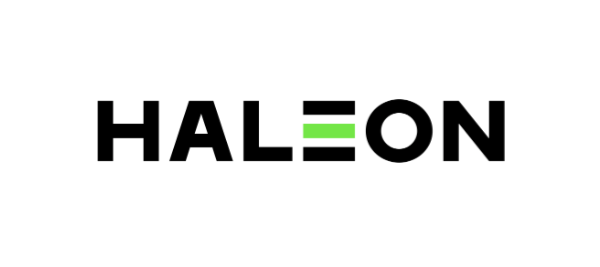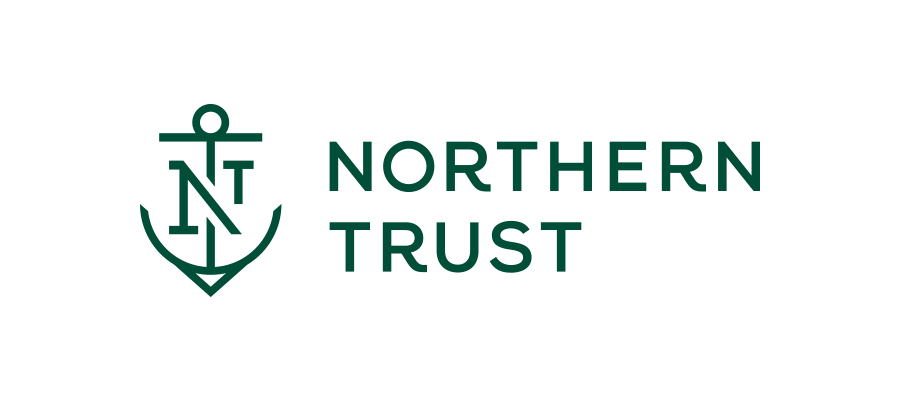(1) Mckinsey & Co, April 2021
(2) The Conference Board Survey – Oct 2021
Is burnout a risk of the job?

Burnout doesn’t happen overnight but the relentlessness of the root causes of burnout can be our warning signs that action is needed.
Is burnout a risk of the job?
What is burnout and is prevention possible ?
Burnout is back on the corporate agenda and becoming an increasingly familiar term, referring to severe, enduring relentless stress and demands, usually in the workplace environment. The syndrome originated in 1974 by American psychologist Freudenberger, who characterised a set of symptoms including exhaustion and mental malaise. Studies, knowledge and descriptions have developed further since then and whilst ‘Burnout’ is not a classified mental Illness it can be a contributory factor to depression, de-personalisation and exhaustion. It is a psychosomatic condition that will affect mind and body, and often results from a misalignment of input and output; you burnout when you’re putting more into your work than you’re getting out of it.
The pandemic pressures, followed by economic and political pressure worldwide have impacted many of us; the way we work, where we work, increased hours alongside long term physical and emotional pressure become unrelenting stressors. Recent surveys by McKinsey & Co(1) state almost half of respondents being somewhat burnt out, and some surveys reporting this as high as 77%.
Burnout is often thought of as a result of a mismatch of work, the role and the person doing it, but the bigger question for the workplace is around what this means in your organization at an individualised level and how is your company culture contributing to creating or supporting prevention.
At Mental Health at Work, we strive to encourage the workplace to be a safer, more kind and informed place, and recognising burnout and its potential impact on wellbeing is a crucial element. By promoting the importance of understanding, noticing and supporting mental wellness in the workplace, we can all play a huge part in the prevention of burnout.
Organisations can help employees by making sure everyone is aware of potential causes, symptoms and prevention strategies; burnout can be caused by working too hard, too fast for too long, but contributory factors are the lack of variety in work, work relationships and feeling undervalued.
Burnout doesn’t happen overnight but the relentlessness of the root causes of burnout can be our warning signs that action is needed. These might include feelings of helplessness, detachment and exhaustion and an overwhelming sense that “Every day is a bad day”.
Burnout will start to reveal itself in presenteeism, absenteeism and potentially longer term sickness absence or exits from the workplace of highly trained and valuable talent presenting both a human and a financial cost.
The positive news is that this is one of the only aspects of mental ill health that the workplace can actually prevent. This requires embedding wellbeing as part of your culture, setting roles, responsibilities and clear structures and encouraging shared responsibility and teamwork. But the leader also has a critical role to play and equipping everyone with responsibility for people with the understanding of burnout and the broader context of mental health, alongside competence and confidence in the skills to have open conversations is critical and without this, intention will never translate into real change.
This is an investment in your people and at Mental Health at Work, we develop and deliver tailored mental health programmes, built around meeting your individual business needs around mental health, recognising and working within the pressures and challenges of your business environment. One size doesn’t fit all. But you can start to make a difference to working lives and know that you have taken responsibility to prevent burnout for less than buying each of your employees a cup of coffee a week.
Please do get in touch here if you would like to learn more about any of our programmes.
Maggi Rose
Head of Programme Evolution
Mental Health at Work







